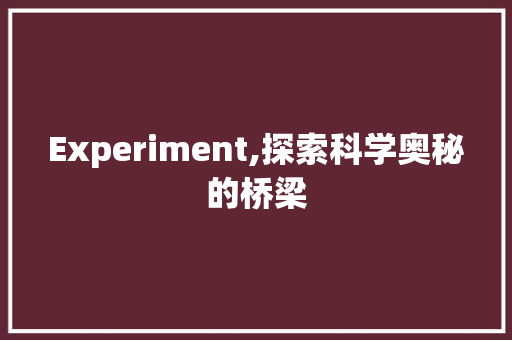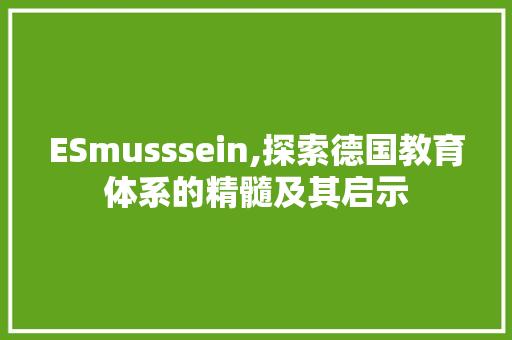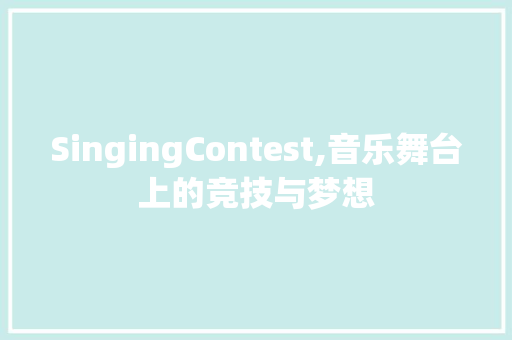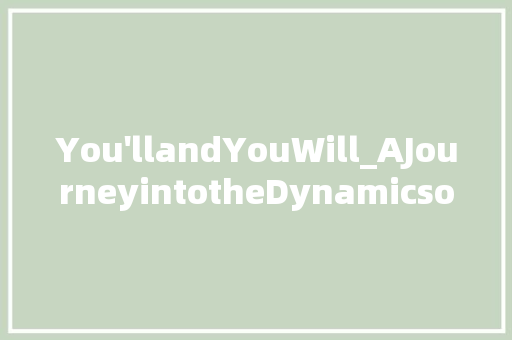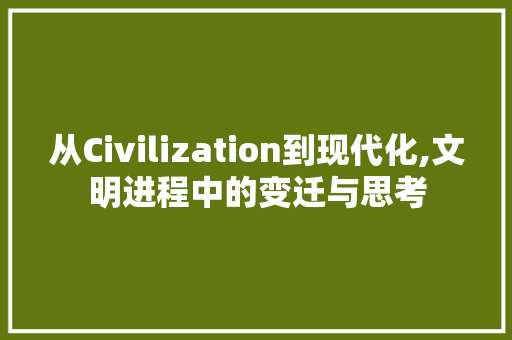Content:
Introduction:

Surprise, that fleeting moment of astonishment, has the power to captivate our attention, evoke emotions, and shape our experiences. In a world that often feels predictable, the unexpected can be a refreshing break from the mundane. This article explores the significance of surprise in our lives, its impact on our psychology, and how it influences our relationships, creativity, and overall well-being. Through the lens of psychology, neuroscience, and real-life anecdotes, we delve into the fascinating realm of surprise.
I. The Psychology of Surprise
A. The Surprise Response
Surprise is an emotional response triggered by unexpected events. Psychologists have long studied this phenomenon, seeking to understand the brain's reaction to the unexpected. Cognitive neuroscientist Benjamin Scheibehenne, in his study published in the Journal of Consumer Research, highlights that surprise enhances our cognitive processing of new information (Scheibehenne et al., 2011).
B. The Role of Dopamine
Surprise is closely linked to the brain's reward system, which relies on the neurotransmitter dopamine. When we experience something surprising, our brain releases dopamine, creating a sense of pleasure and reinforcing the memory of the event (Hickok & Hauser, 2004).
II. The Impact of Surprise on Relationships
A. Strengthening Bonds
Surprise can serve as a bonding agent in relationships. According to psychologist Ellen Langer, unexpected acts of kindness or surprise gestures can strengthen social connections and foster a sense of closeness (Langer, 1978).
B. Enhancing Communication
Surprise can also improve communication. When we anticipate the unexpected, we become more attentive to the nuances of conversations and non-verbal cues, leading to more meaningful exchanges (Golinkoff & Hirsh-Pasek, 2016).
III. Surprise and Creativity
A. Sparking Innovation
Surprise is often associated with creativity. The unpredictable nature of surprise forces us to think outside the box and come up with novel ideas (Boden, 2004). Artists and inventors alike have credited surprise as a catalyst for their creative breakthroughs.
B. Fostering Openness
A willingness to embrace surprise can enhance our creativity. As cognitive scientist Scott Barry Kaufman explains, individuals who are open to new experiences and are not averse to the unexpected are more likely to experience moments of creative insight (Kaufman, 2016).
IV. The Well-being Benefits of Surprise
A. Enhancing Happiness
Surprise can play a role in increasing our overall happiness. Psychologist Sonja Lyubomirsky, in her book \



